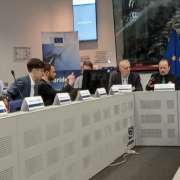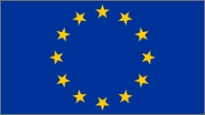BeFlexible, Stream, and Enflate: Shaping the future of energy together
Collaboration, innovation, and synergy for enhanced energy system flexibility
We are thrilled to introduce STREAM and ENFLATE as sibling projects of BEFLEXIBLE, funded by the European Commission (EC) under the topic “HORIZON-CL5-2021-D3-02-06 – Increasing energy system flexibility based on sector-integration services to consumers”. This common funding source reflects our shared objective of enhancing energy system flexibility and promoting collaboration between Distribution System Operators (DSOs) and Transmission System Operators (TSOs).
Collaboration and knowledge-sharing for common goals
BEFLEXIBLE is commited to increasing energy system flexibility, enhancing cooperation among DSOs and with TSOs and easing participation of all energy-related actors. To this end, it will work in four main areas: Markets and Regulation,Services Ecosystem, Platforms & Architecture and Customer engagement and social co-creation.
The synergy created by BEFLEXIBLE, STREAM, and ENFLATE as sibling projects enhances our ability to address cross-cutting issues, increase our impact, and drive the transition towards a more flexible and sustainable energy system. Together, we are united in our commitment to pushing the boundaries of energy innovation and delivering tangible benefits to consumers, DSOs, and TSOs.
Through joint efforts, we will not only achieve our individual project objectives but also contribute to the broader vision of creating a more flexible, consumer-centric, and sustainable energy system. By joining forces with these projects, we aim to foster collaboration, knowledge-sharing, and innovation in the energy sector.
Stream: Streaming flexibility to the power system
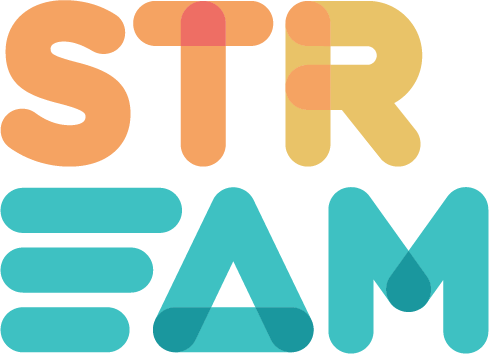
The STREAM project aims to create an innovative and robust flexibility ecosystem on the low voltage grid side of existing power markets. The project recognizes the disruption caused by the continuous addition of various prosumers, aggregators, and other service providers, which has made the traditional power market structure more complex.
STREAM project is coordinated by the University of Ljubljana (Faculty of Electrical Engineering, Laboratory of Energy policy), and involves 20 partners from 6 different EU countries. It started on the 1st of October 2022 and will run for 48 months.
In the scope of the project, 6 different tools in 4 pilot sites will be demonstrated and will cover the geographical, economic, size and type of diversity of the customers. The pilot sites are located in Crevillent (Spain), Terni (Italy), City (Finland) and Ajdovščina (Slovenia).
Enflate: Enabling flexibility provision by all actors and sectors through markets and digital technologies

The ENFLATE project will build upon existing solutions on data-driven energy services and non-energy services, and replicate them in different geographies, climates and consumer needs. It will propose applicable consumer-centred flexibility platforms and test them in Bulgaria, Greece, Spain, Sweden and Switzerland, engaging local consumers, as well as authorities, service providers, manufacturers and academia. Efficient business models will be developed and tested, combining energy services with health and mobility services.
ENFLATE is led by NOVA and UBITECH ENERGY, was launched in 1 September 2022 and will run until 31 August 2026.
ENFLATE will carry out pilots in demo sites in five dispersed European countries adapting to the local energy requirements. The tools will be tested in 6 demonstration campaigns across Europe: Skiathos (Greece), Lachar (Spain), Kungsbacka (Sweden), Dragalevtsi (Bulgaria), Appenzell (Switzerland), Geneva (Switzerland).
BRIDGE Initiative: Enhancing collaboration and knowledge-sharing
By participating in the BRIDGE initiative, which brings these projects together, we will further enhance our collaboration and knowledge-sharing efforts. This initiative provides a platform for us to engage with other projects and contribute to the overall advancement of the energy sector. Together, we will continue to push the boundaries of innovation and make significant strides towards a more sustainable and efficient energy system.
Driving progress for a sustainable energy system
Through these collaborations, BeFlexible, Stream, and Enflate will collectively drive progress towards a more sustainable and efficient energy system. Our shared knowledge, expertise, and commitment to innovation will pave the way for cutting-edge solutions and business models in the energy sector. We are excited about the opportunities that lie ahead and look forward to achieving our common goals of creating a flexible, consumer-centric, and sustainable energy future.

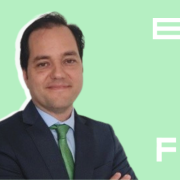
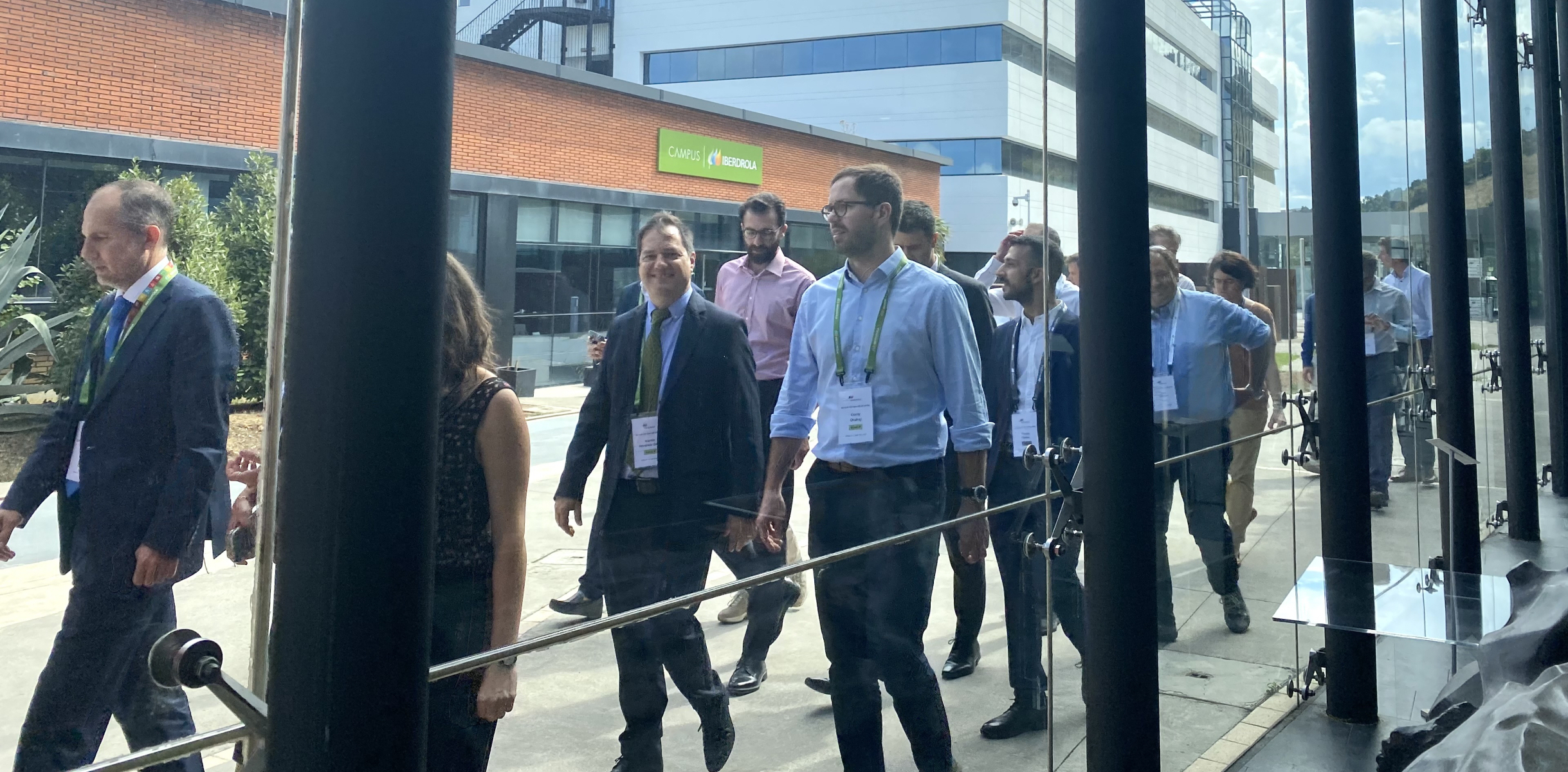 BeFlexible’s Kick Off Meeting in September 2022
BeFlexible’s Kick Off Meeting in September 2022